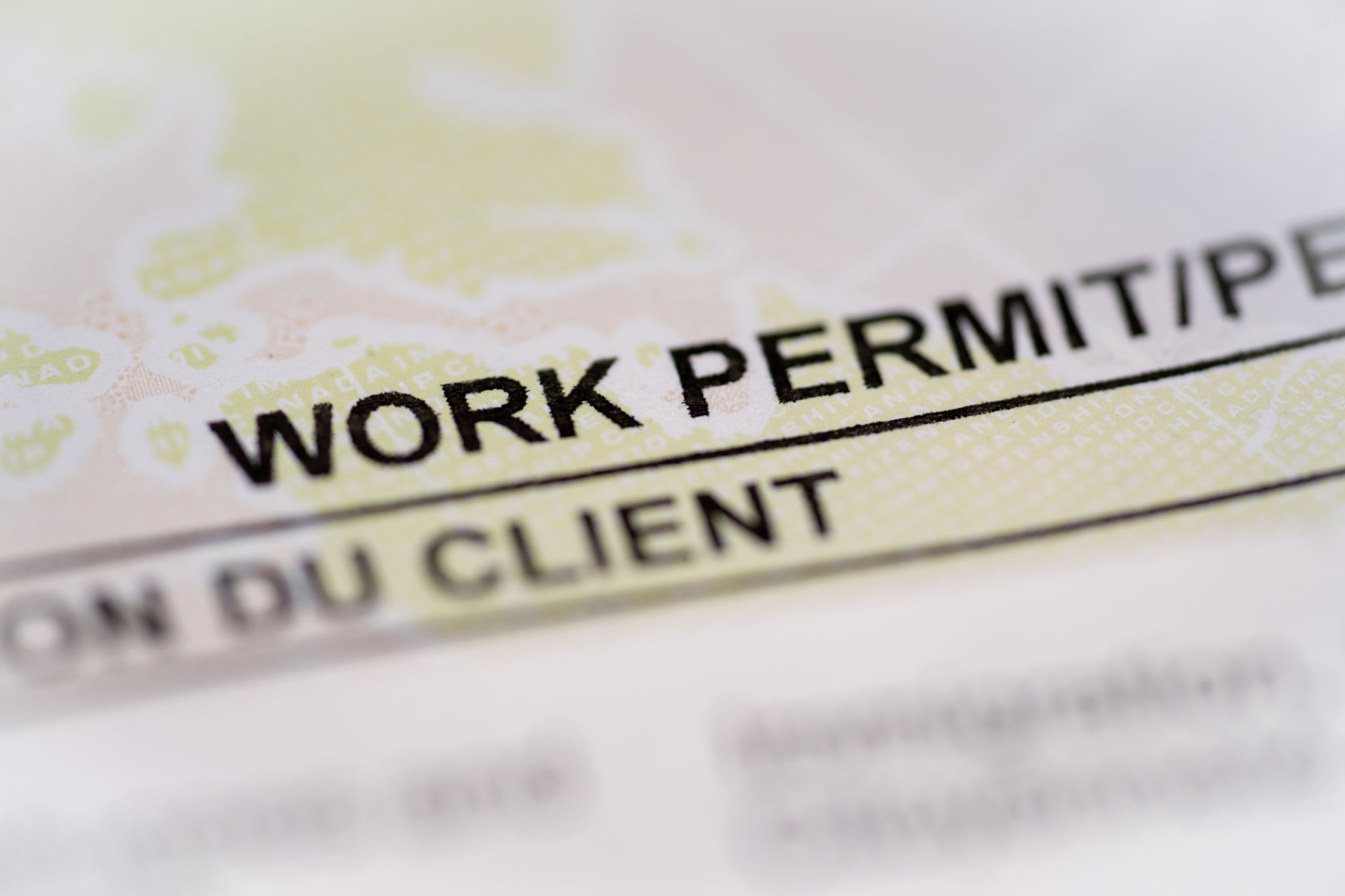Top Tips for Planning a Successful Outdoor Event
Understanding Your Audience and Purpose
Before diving into the logistics of planning an outdoor event, it's crucial to understand your audience and the event's purpose. Who are you trying to attract, and what experience do you want them to have? Whether it's a corporate gathering, a wedding, or a festival, the answers to these questions will guide your planning process. Knowing your audience helps in selecting the right activities, food, and entertainment to match their preferences.
The purpose of the event will also shape many decisions. Are you aiming to educate, entertain, or celebrate? This will influence everything from the venue choice to the type of equipment you need. Clarity in these areas will set a strong foundation for all subsequent planning stages.

Choosing the Right Venue
The venue is one of the most critical components of an outdoor event. Consider factors like accessibility, capacity, and available amenities. The location should comfortably accommodate your guests while providing the necessary facilities such as restrooms and parking. Safety should also be a priority; ensure the venue has emergency exits and complies with local regulations.
Weather can be unpredictable, so having a backup plan is essential. Renting tents or marquees can provide shelter in case of rain or excessive sun. Additionally, visiting the venue at different times of the day can help you anticipate lighting needs and identify potential issues that could arise.
Securing Permits and Insurance
Organizing events in outdoor settings often requires specific permits or approvals from local authorities. It's important to research and understand the legal requirements for your chosen location. Failing to secure necessary permits can lead to fines or even cancellation of your event.

Insurance is another key consideration. Having liability insurance protects you and your guests in case of accidents or unforeseen incidents. Work closely with an insurance advisor to ensure adequate coverage for your event.
Planning Logistics and Setup
Logistical planning is at the heart of any successful outdoor event. Create a detailed layout plan that includes stages, seating areas, food stations, and restrooms. This blueprint will help you visualize the flow of the event and make necessary adjustments before the big day.
Ensure that you have all required equipment and supplies well in advance. This may include audio-visual technology, seating arrangements, generators, and lighting. Hiring a professional event planner or coordinator can alleviate much of the logistical stress, allowing you to focus on other aspects.

Engaging Your Attendees
Keeping your guests engaged is key to a memorable event. Consider incorporating interactive elements such as games, workshops, or live performances. These activities not only entertain but also encourage participation and create lasting impressions.
Additionally, utilize social media and event apps to communicate with attendees before, during, and after the event. Sharing updates, maps, schedules, and engaging content can enhance the overall experience and foster a sense of community among participants.
Final Touches: Catering and Sustainability
Food is often a highlight of any event, so choosing the right catering service is crucial. Consider offering a variety of options to cater to different dietary preferences and restrictions. Local vendors can provide fresh and unique menu items that add authenticity to your event.

Sustainability is becoming increasingly important in event planning. Implement eco-friendly practices such as using biodegradable utensils, recycling waste, and minimizing energy use. Not only does this benefit the environment, but it also resonates well with guests who value sustainability.
Post-Event Evaluation
After the event concludes, take time to evaluate its success. Gather feedback from attendees through surveys or social media interactions. This information is invaluable for identifying what worked well and areas for improvement in future events.
Reviewing financial aspects is also essential. Analyze budget performance to understand if you stayed within limits or overspent in certain areas. This reflection will provide insights that can be applied to future planning efforts.

By following these tips and maintaining a proactive approach, you're well on your way to planning a successful outdoor event that leaves a positive impact on all who attend.
